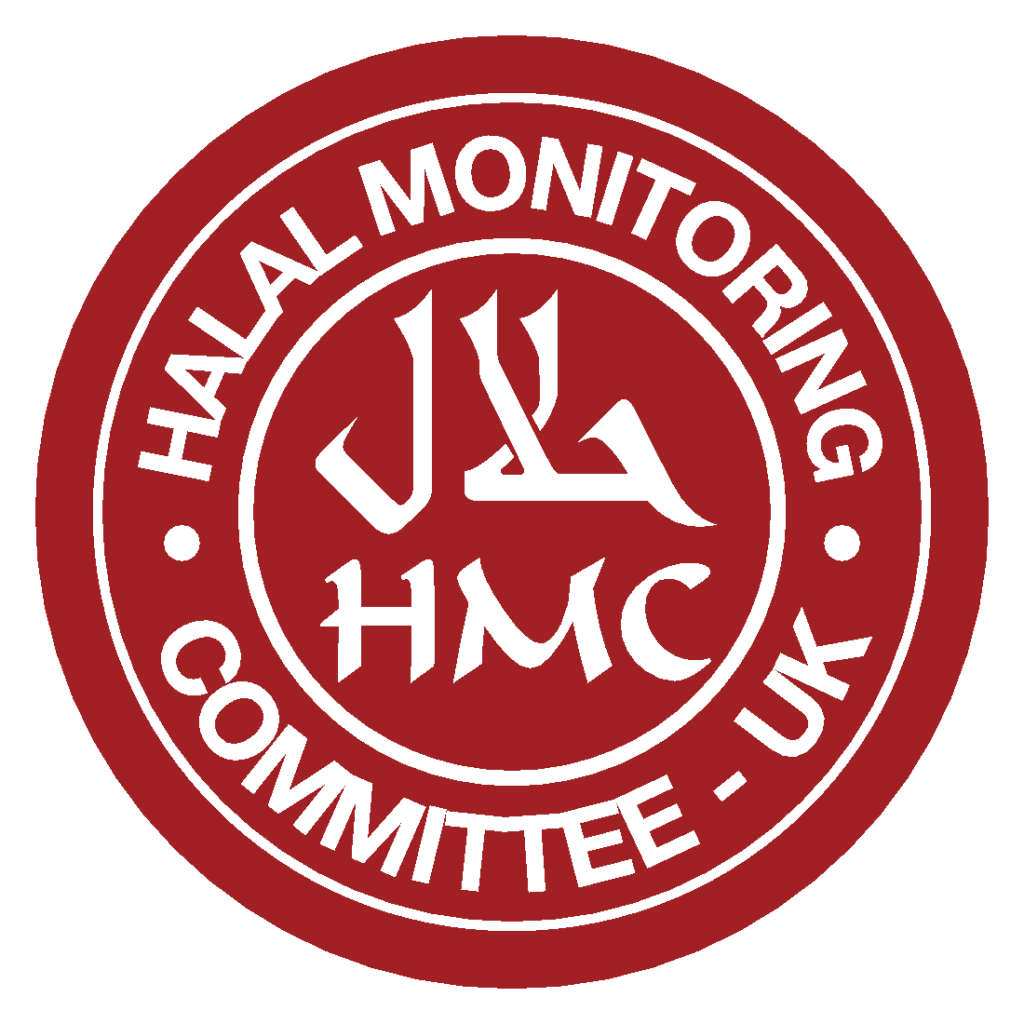Innovation, originality and marketing will be a good leverage in creating global brands.
By Chen Huifen
SINGAPORE food manufacturers have a high chance of creating
global brands among them, if only they would leverage more on
innovation, originality and marketing.
‘Food is one of those sectors where there is a high chance for
creation,’ says Wilson Chew, CEO of B2B branding specialist
Strategicom. ‘One does not require a spirit of invention to create a
new taste. So the opportunity for creating new things, new food types,
is relatively easier in the food sector, than compared to the infocomm,
the technology, the electronics sectors. So I think food companies have
not realised and fully maximised that thought.’
And innovation does not necessarily have to mean starting from
scratch, a perception that Mr Chew thinks is preventing more
manufacturers from being innovative. Innovation can be either about
creating extended products through a combination of accepted products
in the market, or value adding through some competitive advantage, he
said.
For instance, while roti prata may not be a new food type,
developing a technology to freeze it is a form of innovation, which is
what homegrown food company Tee Yih Jia Food Manufacturing has been
able to do. This allowed the firm to be able to export its products to
overseas markets, even as far away as Canada and Chile.
In another example, Mr Chew observed that food manufacturers have not drawn maximum benefit from tapping the halal market.
‘Singapore is not a Muslim state but it would be interesting to know
that the world of Islam foods sees Singapore’s halal food as of very
high standards.
‘And a few of our halal producers are owned by non-Muslims, with
very sophisticated Islamic processes, standards and production. So it
gives us the opportunity of developing food products of our own that is
unique to us but can be exported to the world, especially to the Muslim
world.’
Mr Chew attributes the lack of originality and innovation to the
fear that such efforts would result in huge marketing investments. The
analysis was drawn from a recent study on the local food manufacturing
industry carried out by the Singapore Food Manufacturers’ Association
(SFMA), Spring Singapore and Strategicom.
While the majority of the 100 respondents sought legal protection
for their trademarks – registering them in Singapore as well as in some
or all of their overseas markets – they were less enthusiastic when it
comes to marketing their trademarks.
Worse, 54 per cent of them chose colours and designs that were
similar to competitors’ when creating their trademarks, defeating the
purpose of using trademarks to distinguish their brands from those of
competitors.
‘Sometimes it may not be wise to register your trademarks too
early,’ says Mr Chew. ‘Market it to create some value so that when you
register it, you can show the trademark registrar that it’s been in
operation and there are customers who already recognise it – even if
it’s a corporate brand.’
While registration is important, it is marketing of those trademarks that generate revenue.
‘In order for a fight (trademark dispute) to be worthwhile, brands
must first be strong and worth protecting,’ adds Mr Chew. ‘To enforce
that right, that establishment of that right must first be there. But
how to establish that right? You have to market.’
But Mr Chew is confident that Singapore will be able to produce a
few global food companies over the next 10 years. A number of local
food manufacturers, some of which are already well-known in the region,
have managed to get it right in terms of leveraging on innovation,
originality and marketing. They just need to intensify their efforts.
‘The rise of Asia will provide the economic platform and create the
next wave to promote good Singapore food companies to the world.
Secondly, our geographical indication puts our food companies in a very
good position where East meets West. This has a positive impact on what
we can and are able to produce and create in terms of our food and
beverage types. Thirdly, brand Singapore, which is associated with
attributes such as being hygienic, reliable, safe and consistent in
high quality, would give our food companies added global competitive
advantage.
‘Internally, within Singapore, our food companies indeed have
consistently been producing safe and high quality food products for the
last two to three decades. This too is worthy to note.’
According to SFMA president Wong Mong Hong, there are about 720 food
manufacturers in Singapore, most of which are SMEs. The sector exported
$4.9 billion worth of products last year, up from $4 billion in 2006.
This article was first published in The Business Times.



